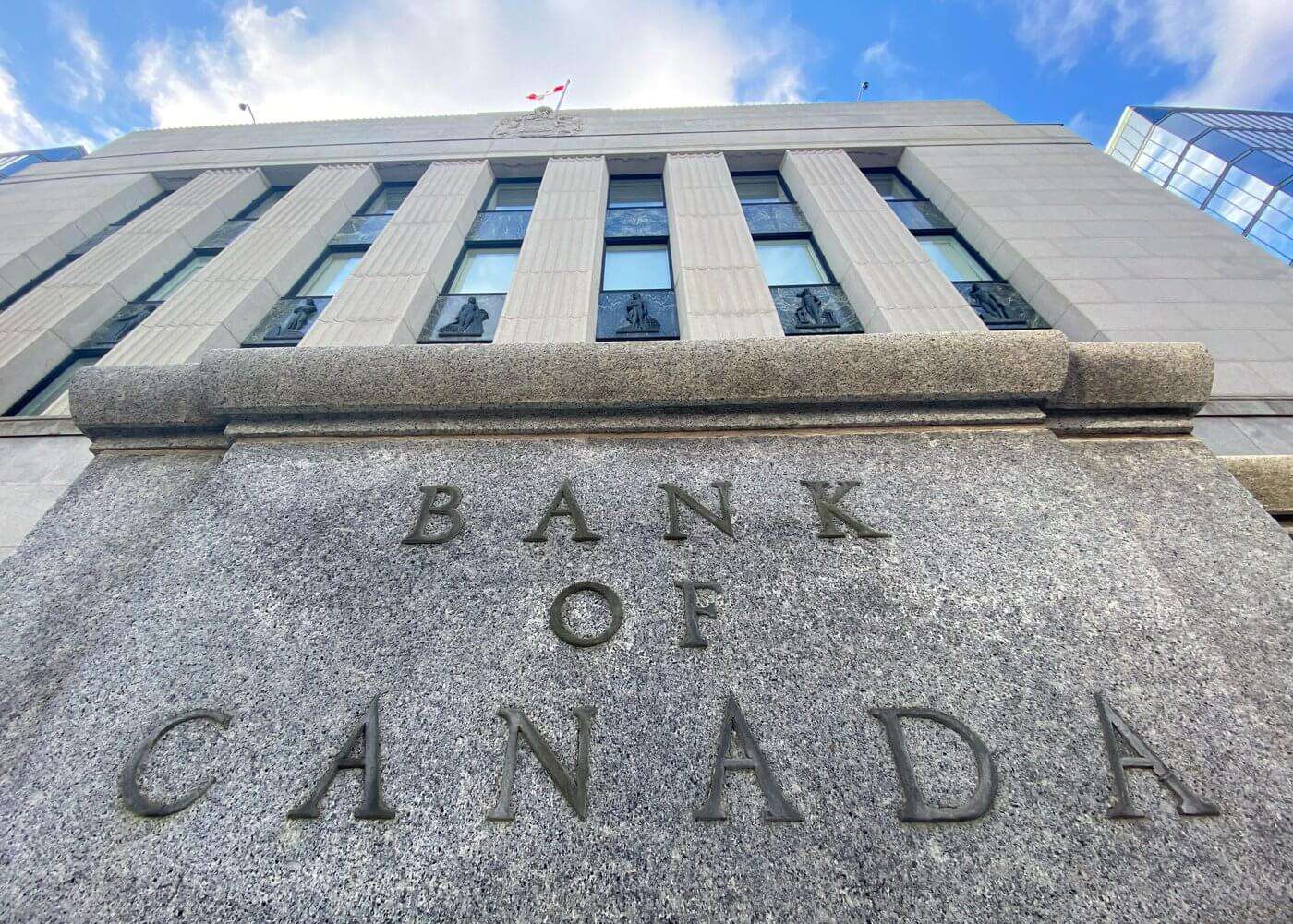The mortgage contract is for a limited period. It can range from anywhere between 5 years or less. The renewal of this contract is termed a mortgage renewal. The contract renewal is imperative to avoid paying the leftover loan in one go. The fluctuations in the economy manipulate mortgage rates. The increase or decrease of cash flow in the country can severely impact the mortgage rate. This article focuses on the impact recession and inflation have on your mortgage rates.
What is Inflation?
An increase in the cost of food, shelter, furniture, clothing, transportation and entertainment activities, essentially increased cost of living in the country, is called inflation. To measure inflation, the government conducts a household survey to tally the essential and similar household items used and track the product’s prices over time. This is known as the Consumer Price Index (CPI). The rate of change in these goods or services is called Consumer Price Inflation. The prices set by the government and products with dynamic pricing, like energy resources, aren’t considered.
The problem arises when the income doesn’t increase with the price rise. This takes away the purchasing power of the consumers, thus causing a decline in the standard of living. The prices of commodities have an Irregular hike. This irregular increase in prices can also create disturbances in the purchasing of consumers. The opposite of inflation is deflation, where the prices of commodities fall. It is equally bad for the economy. Consumers tend to push the purchase of goods and services to a later date in anticipation of further price decreases. This significantly reduces the growth of a country’s economy and the producers’ income.
How is the Bank of Canada Trying to Curb Recession?

The Bank of Canada is trying to curb the recession by raising interest rates. The central bank uses this standard monetary policy tool to cool the economy. When interest rates are higher, it becomes more expensive for businesses to borrow money, which slows down investment and spending. This can help bring inflation under control.
The Bank of Canada has raised interest rates eight times since March 2022, bringing the benchmark rate to 4.5%. This is the highest since 2007. The central bank has said it is prepared to raise rates further if necessary to achieve its inflation target of 2%. However, there is a risk that raising interest rates too quickly could lead to a recession. This is because higher interest rates can also slow down economic growth. The Bank of Canada is trying to achieve a “soft landing,” which means slowing the economy enough to bring inflation under control without causing a recession.
It is too early to say whether the Bank of Canada will successfully achieve a soft landing. The global economy faces several hurdles, including the war in Ukraine and rising energy prices. Some measures to battle the recession include selling government bonds to reduce the amount of money in circulation, communicating with financial markets about its plans for monetary policy, and monitoring the economy closely to assess the impact of its policies.
The Bank of Canada is facing a difficult challenge in trying to curb a recession without causing a recession. However, it is committed to using the tools to achieve its inflation target and keep the Canadian economy on track.
How Does Recession Affect Mortgage Renewal?

The impact of a recession on mortgage renewal will depend on several factors, including the severity of the recession, the length of the recession, and your financial situation. However, knowing the potential risks of renewing your mortgage during a recession is essential.
-
- Lower Interest Rates: One of the most common effects of a recession is lower interest rates. The central bank often lowers interest rates to stimulate the economy. Lower interest rates can make it more affordable to refinance your mortgage, which could save you money on your monthly payments.
- Tighter Lending Standards: Lenders may become more cautious about lending money during a recession. This means they may have stricter requirements for borrowers, such as higher credit scores and larger down payments. This could complicate qualifying for a mortgage renewal if the recession has affected your financial situation.
- Decreasing Home Values: When the economy is in a recession, home values can start to decline since there is less demand for homes, as people are less likely to buy a home when they are worried about their job security or the economy. If your home value decreases, you may have more equity, making qualifying for a mortgage renewal easier.
- Increased Unemployment: Another common effect of a recession is increased unemployment. This means that more people are out of work, which can make it equally challenging to fulfil mortgage payments. If you lose your job, consider a mortgage modification or forbearance program to help you either pay a lower mortgage amount or put your payments on hold for a brief period.
How Does Inflation Affect Mortgage Renewal?

Inflation can affect mortgage renewal in several ways:
-
- Higher Interest Rates: Central banks typically raise interest rates when inflation is high to cool the economy. This can lead to higher mortgage rates, which can make it more expensive to renew your mortgage.
- Decreasing Home Values: When inflation is high, the value of your home may decrease. This is because inflation can erode your down payment and equity purchasing power. If your home value decreases, you may have more equity, making qualifying for a mortgage renewal easier.
- Increased Costs of Living: When inflation is high, the cost of living can also increase. This means you may have less money left over after paying your monthly mortgage. This could make it more difficult to afford your mortgage payments.
How to Renew a Mortgage?
The key to renewing your mortgage in Canada is to begin the renewal process a few months before expiration. In the meantime, you can decide if you want to make any changes to your current mortgage contract. Conduct an audit of your financial records before you sign the terms and conditions of your mortgage renewal.
The steps for a seamless mortgage renewal are mentioned below.
-
- Start the Renewal Process Four to Six Months in Advance: Begin the mortgage renewal process at least four to six months before your current mortgage term expires. This allows you sufficient time to explore your options and find the best deal.
- Check Your Financial Goals: Conduct a proper audit of all your financial goals: Create an appropriate plan for your financial standing and where you want to be for the next five years. Make the necessary changes if there is a scope for making payments in more significant sums.
- Discuss Your Terms With the Current Lender: Contact your existing lender to initiate renewal. They may send you a mortgage renewal offer outlining the terms and conditions for the new mortgage. Read through the document and pay special attention to the interest rate or any other charges. Make sure that your financial standing and mortgage rate are in a healthy relationship.
- Shop and Bargain: Research other lenders and mortgage brokers to compare rates and terms. Look for options that suit your financial goals and circumstances. Obtain mortgage quotes from multiple sources to determine the best rates and terms. Once you have gathered information from different lenders, you can negotiate with your current lender to match or beat the offers you received elsewhere. Lenders may be willing to negotiate to retain your business, especially if you have a good credit history.
- Provide Documentation: If you decide to switch lenders, you must gather the required documentation, including proof of income, employment verification, and any other documents requested by the new lender.
- Final Decision: Evaluate the mortgage options available and select the one that best fits your needs. Consider interest rates, term lengths, prepayment options, and additional fees or charges.
- Complete the Application and Legalities: Once you’ve chosen a lender, complete the mortgage application with the new lender. Provide all necessary documents and information accurately and promptly to facilitate approval. Your new lender will likely arrange a property appraisal to confirm its value. Additionally, legal documentation must be prepared, including a mortgage agreement and other relevant paperwork.
- Sign the Renewal Agreement: After your application is approved, you will receive a renewal agreement from your lender. Review it carefully and ensure that all terms and conditions are as agreed. If satisfied, sign the contract and return it to the lender.
- Close the Existing Mortgage: If you switch lenders, your new lender will pay off your current mortgage using the funds from your new mortgage.
You May Also Read
| Apply For Vacant Land Mortgage | Vacant Land Mortgage |
| Alternatives of Reverse Mortgage Loan | Reverse Mortgage Loan |
| Find Canada Mortgage Rates | Canada Mortgage Rates |
| Guide To Private Mortgage Lenders | Private Mortgage Lenders |
| Understand Canada Student Loan | Canada Student Loan |
Frequently Asked Questions (FAQs)
The mortgage rates increase during inflation.
The interest rates also increase during inflation.
High-leverage real estate, cash holding, and bonds with fixed interest rates are the worst investments to make during inflation.
Paying off debt during inflation is generally advisable as it helps preserve purchasing power, reduces interest rate risk, provides financial flexibility, offers psychological relief, and improves creditworthiness.
Inflation generally benefits borrowers in the short term, as it reduces the real burden of their debt. On the other hand, lenders may face disadvantages as money's value decreases over time. What happens to mortgages during inflation?
What happens to interest rates during inflation?
What are the worst investments during inflation?
Should I pay off debt during inflation?
Who benefits from inflation lenders or borrowers?











